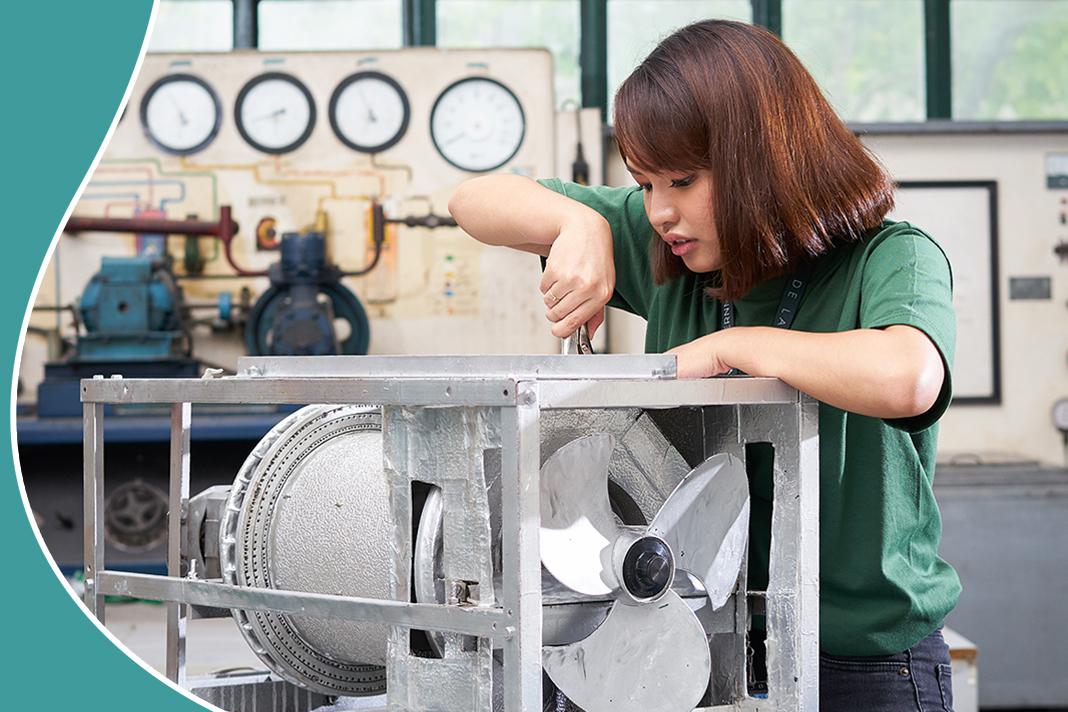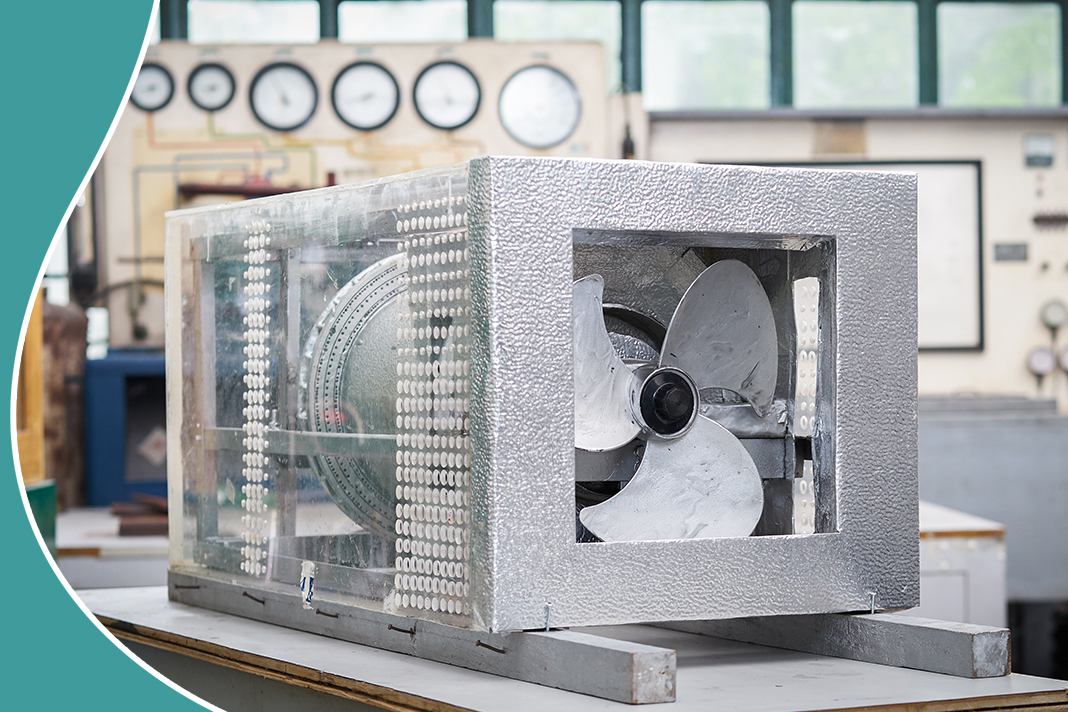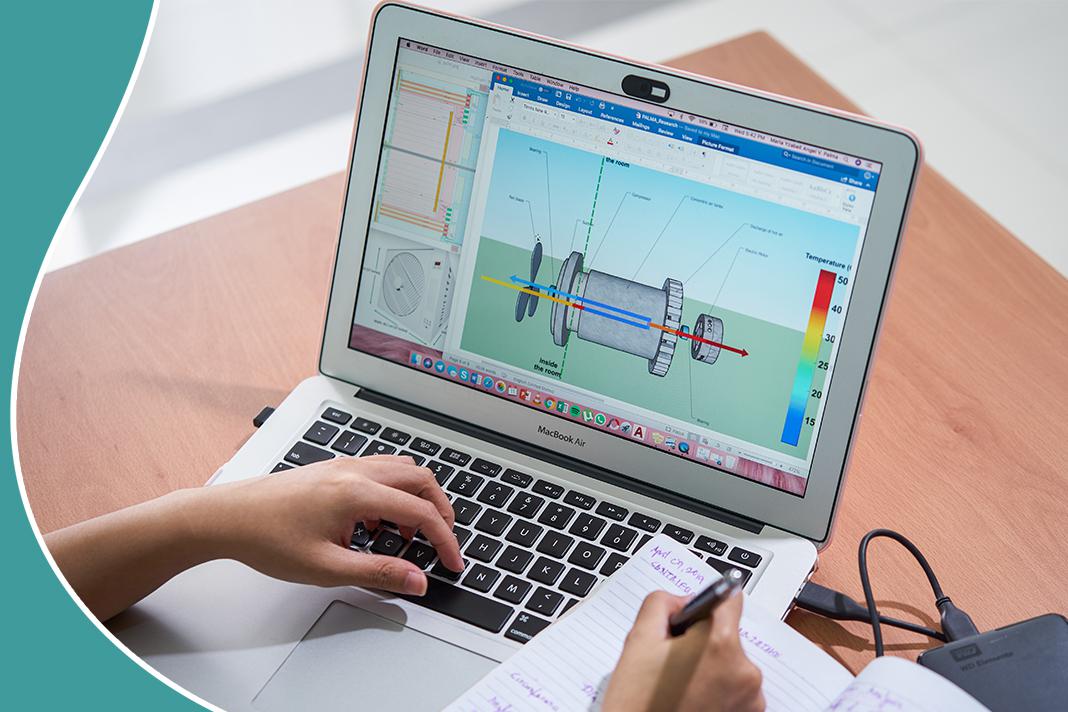The James Dyson Award’s goal is simple: to recognize people who design something to solve a problem. It runs in 27 countries, and is open to university-level students, as well as recent graduates studying product design, industrial design, and engineering.
Here in the Philippines, one of the biggest problems is the heat. In a country where temperatures regularly hit the mid-30s, air-conditioners are almost a necessity. Households will run multiple units for hours each day, and each one will have harmful HFCs that could potentially leak and damage the environment.
It’s this problem that the winner of the Philippine leg of the Dyson Award hopes to solve. Maria Yzzabell Angel Palma, an engineering student from De La Salle University invented AirDisc Cooling Technology. Current AC units use refrigerants to cool inside air by compressing the refrigerant gas and letting it expand. The process allows the unit to pull heat energy from the inside of a space and transfer it outside. It is a closed system that allows the AC to work quite well, but the problem is that through use, leaks can develop, leaking harmful HFCs into the atmosphere.
“One kilo of chemical refrigerant can have as much as 20,000 kilos of CO2 global warming potential. Cooling must be made available for all in an era of increased global temperatures. To be successful against the horrendous threats, the entire global population as much as possible must be made to become aware to act commensurately,” Angel explains.
Angel’s AirDisc solution uses a combination of air and atmospheric moisture to cool a space. Both are free, exceedingly abundant, and have absolutely zero negative impact on the environment. With no ozone-depleting effects, and no releasing greenhouse gasses, her solution additionally uses a meager 150 W per hour, over traditional air conditioners that burn 1,500 W per hour.
Dyson Philippines Advanced Manufacturing Centre general manager, Richard Perez said “Angel’s approach in innovation is very much in line with Dyson’s philosophy – solving problems that others ignore and environmentally friendly. We hope that through the Award, Filipino students can be inspired to find solutions for problems relevant globally.”
Also published in GADGETS MAGAZINE October 2019 Issue



